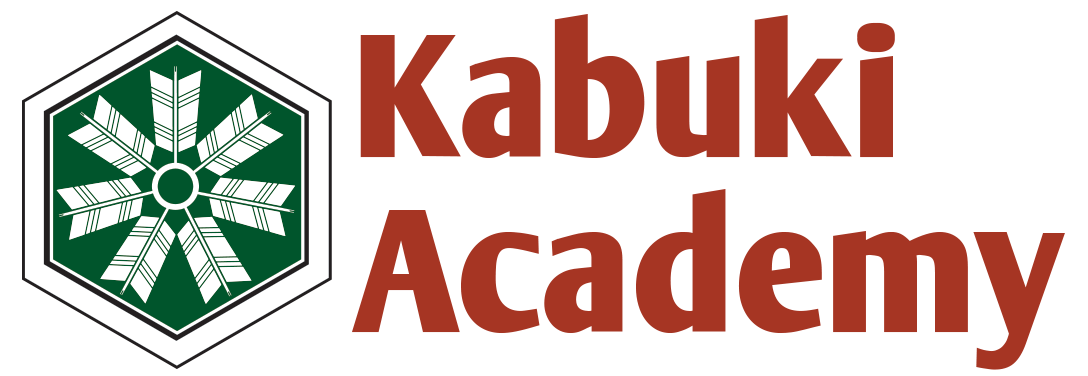Uncle Come Come

In February 1946, a unique English radio broadcast began over the NHK network in Japan. By the recommendation of the GHQ, a non-English teacher, (Mary’s father) Joe T. Hirakawa, started a fifteen-minute conversation program that ran for 10 years. He was the English announcer of the NHK overseas broadcast who read the emperor’s message of surrender. In his program he used a very familiar children’s song as the theme song, changing the words: “Come, come, everybody!”
Come, come, everybody.
How do you do, and how are you?
Won’t you have some candy,
One and two and three, four, five?
Let’s all sing a happy song,
Sing tra-la la la la.
Joe T. Hirakawa., known as “Uncle Come Come”, had graduated from University of Washington, majoring in drama, before the war. The whole country was gloomy after the war and people had little food, no hope, and no entertainment at all. This English radio program caught the attention of millions of the Japanese. He soon became one of the most well-liked persons in the country. From babies to grandpas and grandmas, quite a wide range of ages listened to his program every day and enjoyed practicing English conversation. Uncle Come Come said over the radio “not to give up our English play.” He never said anything about study. He said that his method was God-given. As a baby learns his mother’s tongue, all we have to do is just imitate the mother and play speaking!
Uncle Come Come’s daughter Mary Ohno is now instructing not only Japanese Dancing and Shamisen Music but also Japanese Language at Tacoma Community College, and holds “Come Come Nihon-go Club” for children at her studio in Tacoma, Washington, taking the same foot steps and methods of Come Come English which her father used to teach English in Japan.
